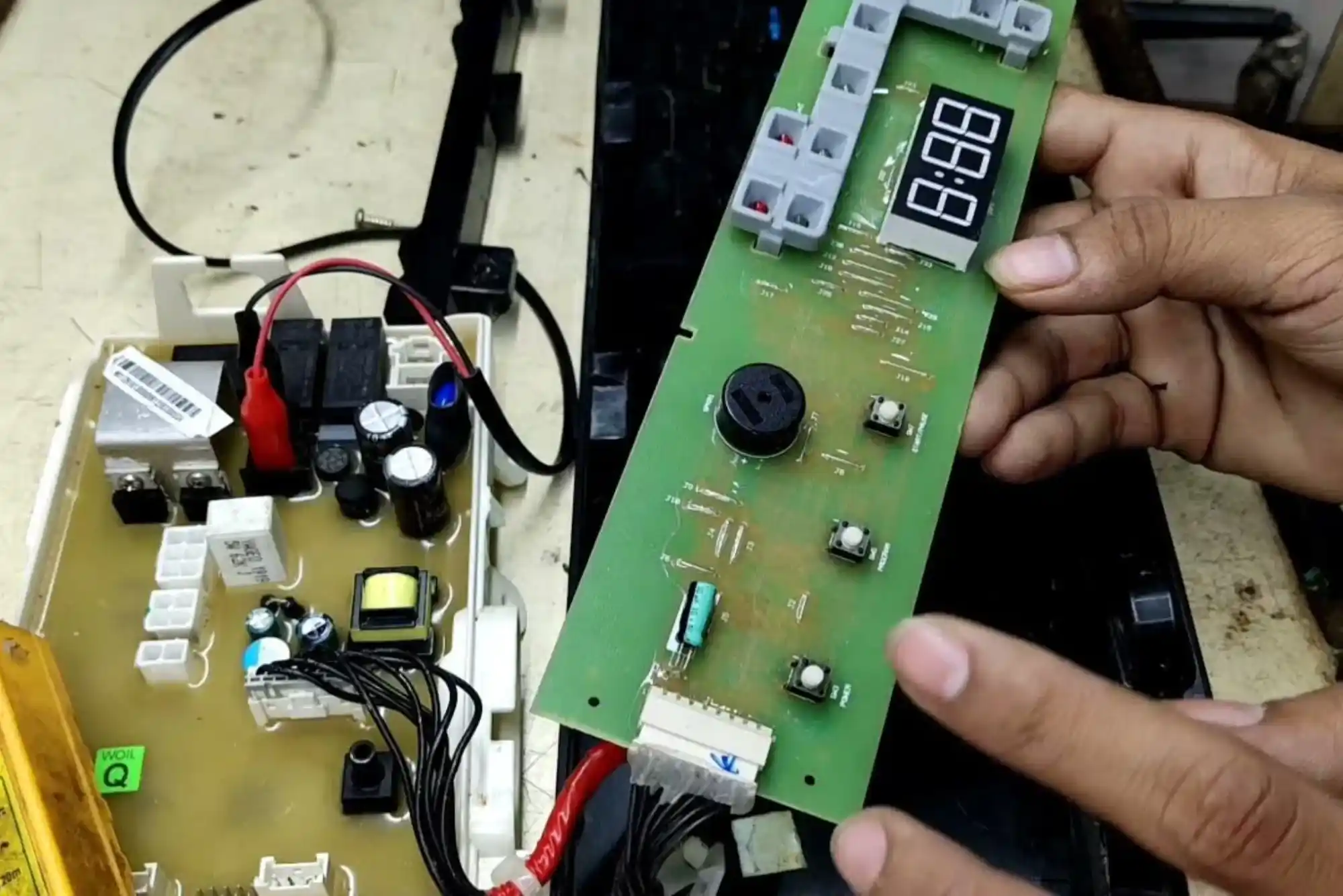Being arrested in the UAE can be a frightening and confusing experience, especially for expatriates or visitors unfamiliar with the local legal system. Understanding your rights, the procedures involved, and the steps you should take immediately after an arrest can make a critical difference in the outcome of your case. The UAE follows a structured legal process grounded in fairness and respect for due process — but to navigate it effectively, professional legal assistance is essential. This is where Criminal lawyers in Dubai play a vital role in protecting your rights and ensuring you receive proper legal representation at every stage.
Understanding the Arrest Procedure
When someone is arrested in the UAE, it usually happens under one of two circumstances — either because law enforcement suspects involvement in a crime or following a complaint filed by another person or entity. After arrest, the individual is typically taken to a police station, where the charges are explained and an initial statement is recorded.
During this phase:
- You have the right to know the reason for your arrest.
- You should remain calm and cooperative but avoid signing any document you do not fully understand.
- You can request to contact your embassy if you are a foreign national.
Although the UAE authorities act within the law, misunderstandings can happen due to language barriers or cultural differences — making immediate legal guidance crucial.
Your Rights After Arrest
After being taken into custody, the individual has specific rights under UAE law:
- Right to legal representation: You are entitled to contact a lawyer who can represent you in all legal proceedings.
- Right to remain silent: Anything you say may be recorded and used in court, so avoid unnecessary discussions until you have legal advice.
- Right to humane treatment: Detainees must be treated respectfully and not subjected to abuse or coercion.
Experienced Criminal lawyers in Dubai ensure these rights are respected and that you are not pressured into signing statements without proper understanding or translation.
The Role of a Criminal Lawyer
A criminal lawyer’s job begins immediately after arrest. They:
- Review the police report and evidence presented.
- Advise you on what to say — and what not to say — during interrogation.
- File motions to secure bail or temporary release if possible.
- Represent you during investigations, hearings, and trial proceedings.
Criminal law in Dubai is a blend of UAE Federal Law and Sharia principles, which makes legal interpretation highly specialized. Having an expert ensures that your defense is built within the correct legal framework and that no procedural step is missed.
Detention and Bail Process
After initial questioning, authorities may decide to keep you in custody for further investigation. The Public Prosecution can extend detention if they believe more evidence is required. However, your lawyer can request bail — particularly if the case involves minor offences or if you pose no flight risk.
Bail may require:
- Passport surrender.
- Financial guarantee.
- Local sponsor’s assurance.
The process is often complex, and accurate documentation is essential to avoid unnecessary delays.
Court Proceedings and Trial
Once formal charges are filed, your case moves to court. UAE courts operate in Arabic, and all documents must be translated officially. During the trial:
- The prosecution presents evidence and witness testimony.
- Your defense lawyer challenges this evidence, cross-examines witnesses, and provides counterarguments.
- Written submissions and legal memoranda are filed to support your defense.
Having a criminal lawyer ensures that your side of the story is effectively presented and that all procedural rights are protected.
Sentencing and Appeals
If convicted, you still have the right to appeal. The UAE’s legal system allows appeals in cases where:
- There was a procedural error during trial.
- New evidence emerges.
- The sentence is deemed excessive.
Your lawyer prepares the appeal within the designated timeframe and represents you in the higher courts. Appeals can significantly reduce or overturn sentences if handled strategically.
The Importance of Professional Representation
The UAE legal framework is strict on issues like defamation, cybercrime, fraud, and drug-related offences. Even minor misunderstandings — such as social media comments or bounced cheques — can escalate into legal cases. Professional legal advice helps prevent avoidable complications.
Criminal lawyers not only defend but also advise clients on compliance, ensuring they avoid actions that might unintentionally violate UAE law. Their understanding of both local legislation and court procedures allows them to protect clients from harsh outcomes.
What to Do Immediately After an Arrest
If you or someone you know is arrested:
- Stay calm — resisting or arguing can worsen the situation.
- Do not sign any documents in Arabic without a translation.
- Request a lawyer immediately.
- Contact your embassy if you are a foreign citizen.
- Inform family members discreetly through official channels.
The earlier a lawyer becomes involved, the more they can do to influence the direction of the case — from securing early release to negotiating settlements where appropriate.
Life After Conviction or Acquittal
If acquitted, your lawyers in Dubai can help you remove records or request compensation in specific cases. If convicted, they can assist with sentence reduction, parole applications, or rehabilitation support. Post-trial legal guidance is essential for reintegration and rebuilding one’s reputation, particularly for expatriates wishing to remain in the UAE or seek employment again.
Final Thoughts
Facing a criminal charge can feel isolating and intimidating, especially in a foreign country. However, understanding the process and having the right legal counsel can restore control and confidence. Legal defense in the UAE is not just about arguing a case — it’s about protecting rights, ensuring fairness, and pursuing justice within a structured, respectful system.
When handled professionally, even serious charges can be navigated with dignity and due process.




